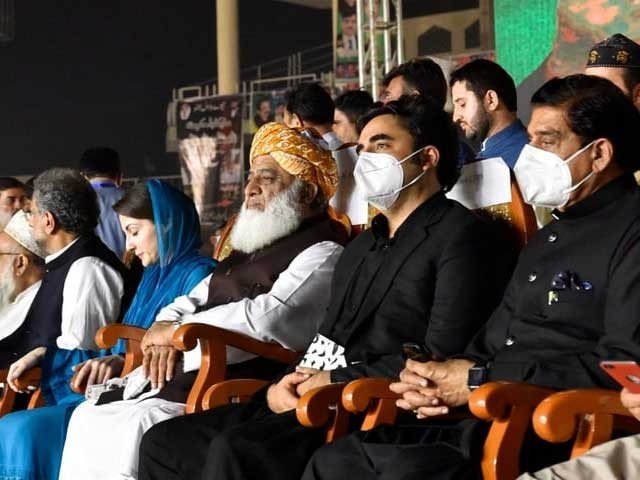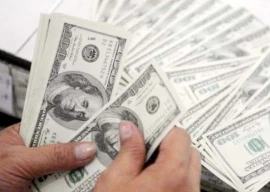
As Pakistan’s political temperature continues to rise, the business community has proposed a much-needed discourse among all political partners. The proposal aims to create a roadmap for political and economic stability in the country.
With the future of Pakistan hanging in the balance, the call for collaboration has never been more crucial. In a statement, Pakistan Businesses Forum (PBF) Vice President Chaudhry Ahmad Jawad stated that the proposed move would help Pakistan make progress and ease the lives of the masses.
“It’s the ideal opportunity for a more noteworthy discourse among political partners to foster agreement on a methodology to direct Pakistan out of present economic unrest,” he added. Pakistan’s economy has been in a state of constant flux, with the value of the dollar and the interest rate on the rise, while politicians fight for their interests.
President of the Korangi Association of Trade and Industry (KATI) said that political tension should be ended to save the economy from destruction. “It is imperative to increase exports on a priority basis so that foreign exchange reserves also increase along with the increase in income,” he added. According to Dr Abid Qaiyum Suleri, a former member of the Prime Minister’s Economic Committee, the ongoing political power struggle and inconsistent approach to the International Monetary Fund (IMF) program are causing a lack of trust between the business community and the government, as well as between the government and the international community.
“The current cycle of uncertainties is exacerbating the impact on each other, eroding business confidence,” he added. The reported gap between imports and exports was down $12.6 billion or 35.5%, year-on-year, according to Jawad. Zubair Tufail, the President of United Business Group (UBG), said that the current political turmoil in the country is having a severe adverse effect on businesses and the general public’s lives. President KATI said that the first step in stabilising the economy is to increase exports on a priority basis. “In the present situation, IT export can be increased immediately, for which the government should pay immediate attention and take measures on an emergency basis to train the youth. If all the departments equip the youth with modern technology, the economy can be supported quickly by IT export,” he added.
The reported deficit of $23 billion during the first nine months of this fiscal year was rated to be 83% of the annual target. Bilal Ijaz Gilani, the Executive Director of Gallup Pakistan, stated that businesses in Pakistan are facing several challenges, including high inflation levels, a unstable political system, and the looming threat of sovereign default. According to Jawad, the annual export target was set to $38 billion, but only 56% of this was achieved in the first nine months.
While imports amounted to $44 billion, down by $15 billion, or 25 per cent. Though lower imports helped contain the current account deficit to around $4 billion, it has camouflaged the rapid deterioration in exports. Tufail stated that the absence of political stability has created an atmosphere of uncertainty for investors and industrialists. “The only way forward is sustained macro-fiscal and structural reforms so that fresh financing is made available along with recovering the private investor confidence,” said Jawad.
The business community has urged all political parties to come together and create a roadmap for political and economic stability. It is imperative that they work together to stabilise the economy and create a better future for the people.

1672385156-0/Andrew-Tate-(1)1672385156-0-405x300.webp)
















COMMENTS
Comments are moderated and generally will be posted if they are on-topic and not abusive.
For more information, please see our Comments FAQ